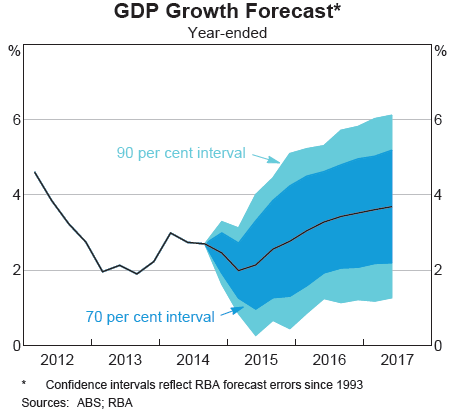To Benefit as Japanese Yen Is Primed to Take a Fall
Post on: 17 Август, 2015 No Comment

What’s going on in Japan? The yen has been the strongest major currency this year. At the beginning of 1993, it sold at 125 per dollar, but during the summer the dollar fell to almost 100 yen per dollar—the penny parity level that was unthinkable in early 1985 when it took 260 yen to buy a buck. By late September, it was still trading well below 110.
Yet Japan is in the early stages of an economy-wide—indeed, society-wide—restructuring, the likes of which has not been seen in the postwar era.
Japan must shift her orientation away from exports to the West and toward Asian business and domestic stimulus. Stock and real estate prices in Japan have collapsed and may fall significantly further. Money, raised either by issuing stock or in credit markets, is no longer cheap. Excess capacity born of the 1980s booms will take years to absorb. And given the depth of their debt problems, it will also take years for financial institutions and their non-financial brethren to work out of their holes and move on to the lower leverage status demanded by international conventions and the lingering bad taste of troubled loans and disastrous investments.
Japanese gross domestic product contracted at an annual rate of 2% in the second quarter of 1992—wrenching news in a country where for years, any quarter showing less than a 3% expansion rate was considered a growth recession. The Bank of Japan’s subsequent decision to cut its discount rate to 1.75% from the previous postwar low of 2.5% will have little impact on an economy that is unreceptive to low interest rates due to huge overcapacity and a heavy load of bad debt. And the newly formed Japanese government, while talking of stimulus programs and income tax cuts, faces an uphill battle with entrenched bureaucrats fearful of the deficit spending that would result.
In many ways, then, the unwinding of the excesses of the 1980s and restructuring in Japan has barely begun. If history is any guide, it will take at least the balance of the decade to complete.
At the same time, the whole industrialized world is working off excess debt, too much employment and overdone real estate spending from the 1980s.
Why, then, has the yen remained so strong, not only against European currencies, but also compared to the dollar, the traditional safe haven, in a sea of global trouble? Several explanations are apparent.
First, the Clinton Administration, following its predecessor, believes that a weak dollar will reduce the Japanese trade surplus. This sounds good in theory, but in practice it doesn’t work. U.S. importers shave their margins when the dollar falls rather than increase their dollar prices and risk losing market share. And, to the extent they do raise American prices, domestic producers often match their hikes, negating any import-subduing effects.
The U.S. auto industry is a prime example of never letting the Japanese price themselves out of the American market, at least until now. Conversely, U.S. exports to Japan don’t gain from a weak dollar since many are proscribed by the Japanese authorities one way or another. And, to the extent imports increase, Japanese domestic production falls, weakening demand for all goods and services, including imports.
This being the case, why have successive U.S. administrations pushed for a strong yen? Perhaps because they know that it will be difficult and very time-consuming to improve Japanese acceptance of U.S. imports and reduce U.S. consumer zeal for things Japanese. So why not try the only alternative: jawboning the dollar down, whether it works well or not.
European politicians, fearing a deluge of Japanese imports, are behaving like their Washington counterparts and appear happy with a strengthening yen. In addition, the Japanese are largely cooperating in the global attempt to talk up their currency, even though it works to their trade detriment to the extent that it works at all. The reason is obvious: The alternative is more protectionism in America and Europe.
A second reason for the strong yen is that it serves as a safe haven in a sea of European currency turmoil. Third, many currency holders fail to understand the profound restructuring problems in Japan, but instead are looking for a return of the glory days of the 1980s.














